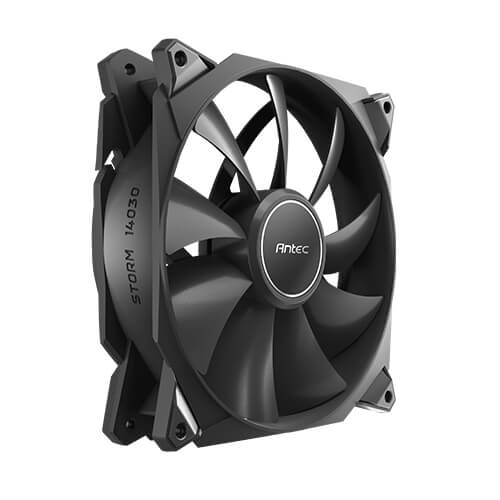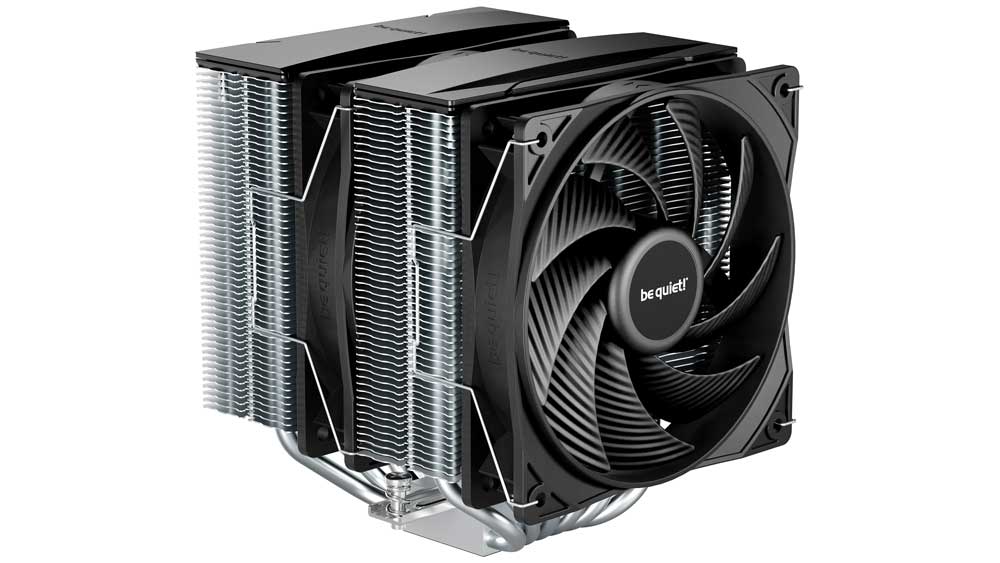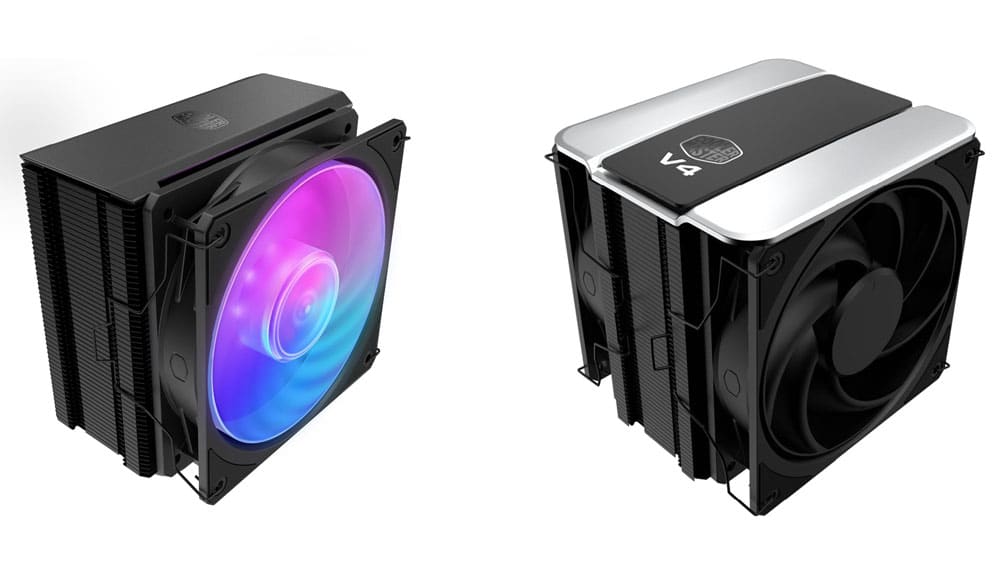Advertised Vs. Real Performance
This is probably the most crucial page, showing how accurate the data provided by the manufacturers/brands on their products is. Since nobody could verify these numbers so far, it was an open field for every brand to declare whatever it wanted, but this stops now. I should also note that I strictly follow the specific guidelines (ISO7779: 2018) for taking noise measurements in information technology and telecommunications equipment.
A note here about the power consumption numbers: so far, I noticed that most brands provide power consumption information without static the precise fan operation, whether it is operating at max airflow, max static pressure, or a state in between. The fact is that when the fan is under load, meaning that it delivers its full static pressure, its power consumption increases. This is why, if there is no information on the fan’s operating conditions, I will compare the advertised power consumption with the readings I have at 100% fan speed with an obstacle (max static pressure) and without (max airflow). In case there is power consumption information stating the fan’s operating condition, I will provide the corresponding results I got.
In the table below, anything in Red means bad news, while the Blue fonts are good!
| Performance Metric | Advertised Performance | Real Performance | Difference |
|---|---|---|---|
| Max Speed (RPM) | 1500 | 1571 | +4.73% |
| Max Input Current (A) – Max Airflow | 0.36 | 0.30 | -16.67% |
| Max Input Current (A) – Max Static Pressure | 0.36 | 0.32 | -11.11% |
| Max Power (W) – Max Airflow | 4.32 | 3.60 | -16.67% |
| Max Power (W) – Max Static Pressure | 4.32 | 3.83 | -11.34% |
| Qmax (CFM) | 112.72 | 94.71 | -15.98% |
| Pmax (mmAq) | 2.29 | 1.80 | -21.40% |
| Max Noise Level (dBA) | 33.69 | 35.9 | +2.21 dBA |
The performance is far from the advertised one, especially in static pressure. At least, the advertised fan noise is not far from the reading I got, but still, given the fan’s low speed, I expected a lower noise output.



“At least, the advertised fan noise is not far from the reading I got”
10^0.221 = 1.66
so, 66% more, not sure I call that ‘not far’
compared to other fans